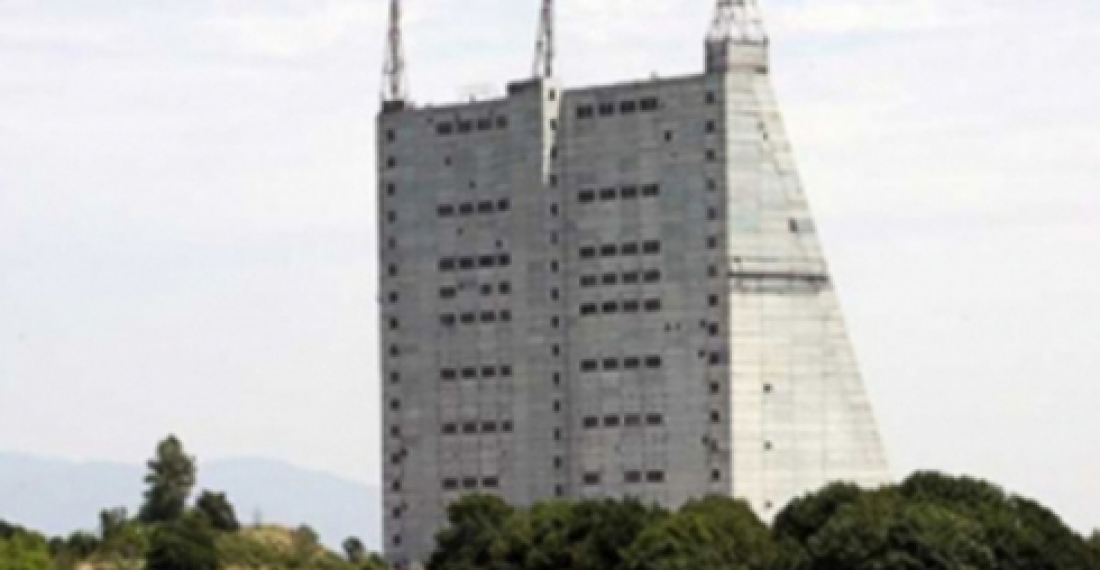According to reports in the Russian Media, Azerbaijan is requesting an annual payment of $300 million for the rent of the Gabala Radar facility, a Soviet era military facility that continues to operate on Azerbaijani territory. It is understood that the current rent is $7 million. Negotiations on the renewal of the agreement between the two countries regarding the facility started last year. The current agreement expires at the end of 2012.
The Azerbaijani demand seems to have taken Russian officials by surprise. The Russian daily Kommersant this morning, quoted a Russian Foreign Ministry official as saying that the demand was "agenda-driven". Earlier reports had also suggested that Azerbaijan is insisting on dual control over Gabala and that it would be allowed to share the data from the Radar Station. Currently Gabala is operated by Russian personnel and around one thousand military personnel are deployed for the purpose, this being the only Russian military presence in Azerbaijan. In the early days following the collapse of the USSR NATO had recognised the importance of Gabala for Russian defence and had raised no objection to its continued operation in Azerbaijan. At some point the possibility of Gabala coming under joint US-Russian control in lieu of the new European Missile Defence shield was also considered.
Commonspace.eu political editor said in a comment that "Azerbaijan is very sensitive on the Gabala issue. On the one hand it wants to show it as a positive sign of good relations with Russia, on the other hand it wants to make it clear that Russia is renting the facility at commercial rates. Azerbaijan also wants to exclude the use of Gabala against its own interests in the case of renewed hostilities with Armenia. These negotiations are likely to continue for some time. The Russian side on the other hand is keen to keep its only remaining military facility in Azerbaijan, for political as well as military reasons. However the prospect of other CIS countries that host Russian military facilities, making similar demands for high rent creates a dilemma for Russian strategists. Already a few days ago the President of Kyrgistan accused Russia of not paying the rent for a military base in his country and called for its closure. On the other hand Azerbaijan can argue that it needs the money because of the environmental hazard that Gabala constitutes. In 1998 the Baku newspaper Zerkalo carried an article claiming that grave environmental damage was resulting from the operation of the radar station but an investigation by the Azerbaijani Academy of Sciences did not find any health hazards resulting from the operation of the Station, however most experts consider that a certain ammount of environmental damage is inevitable."
source: commonspace.eu with Kommersant and RIA-Novosti
photo: Gabala Radar Station in Azerbaijan (picture courtesy of Russia Today)







